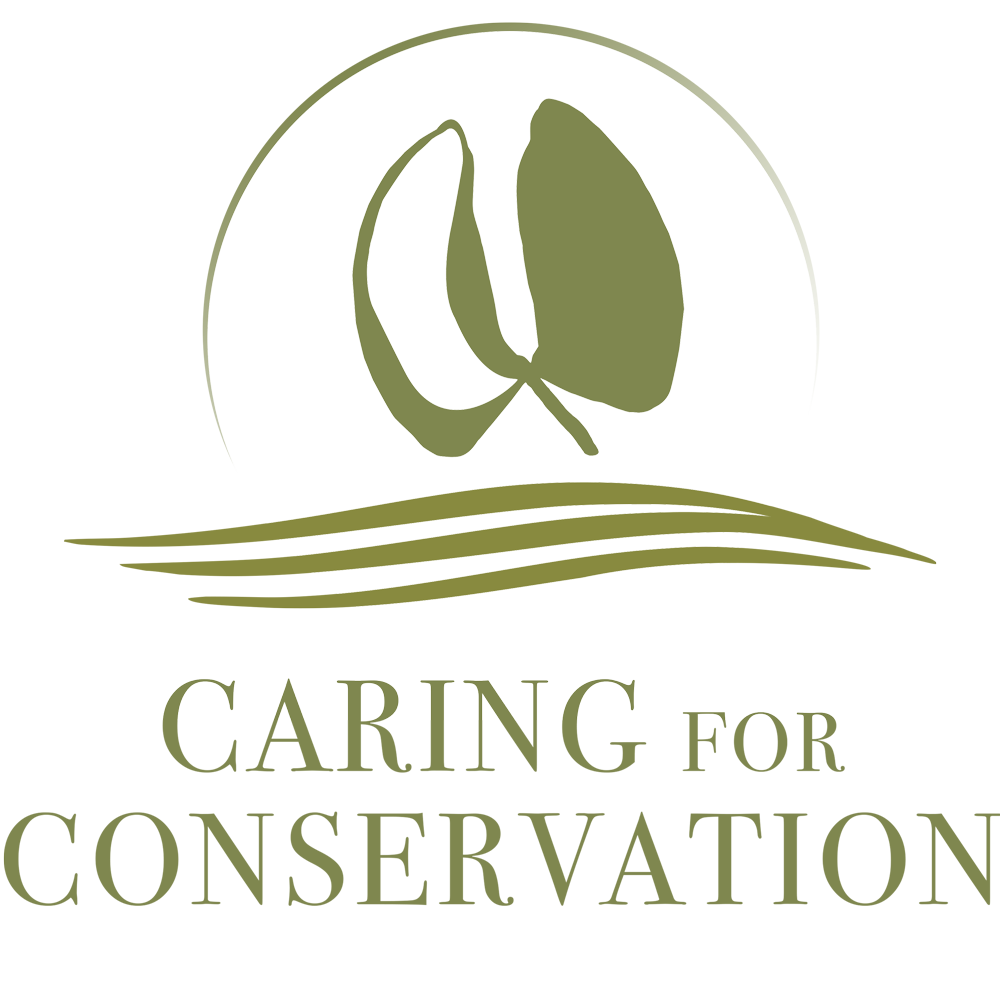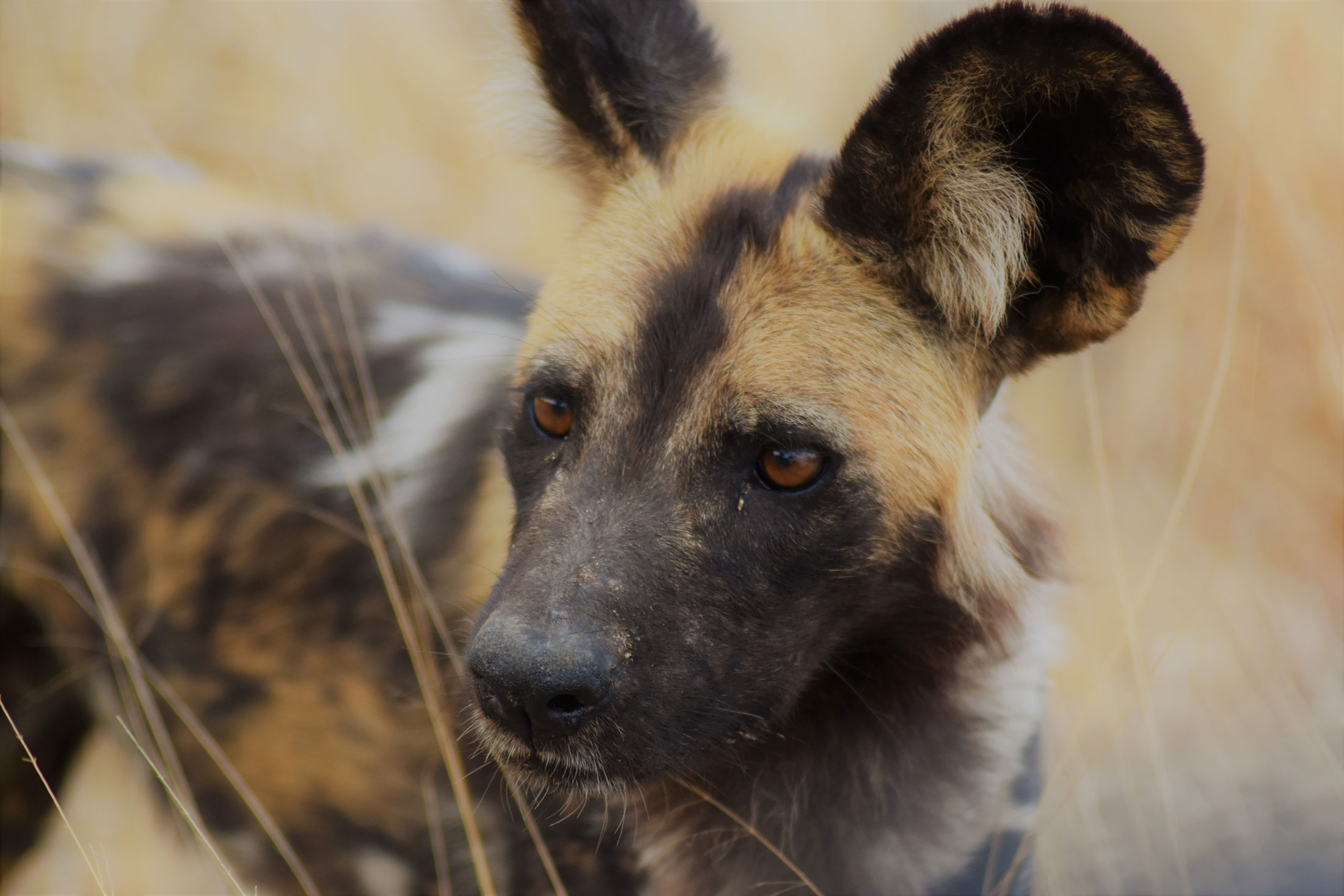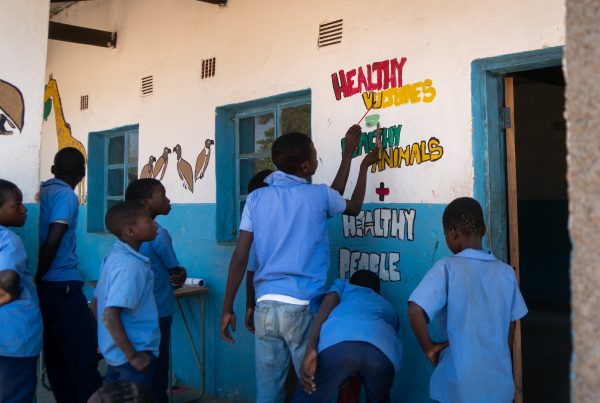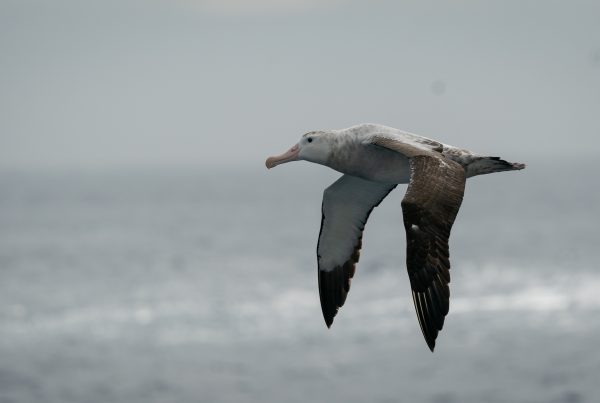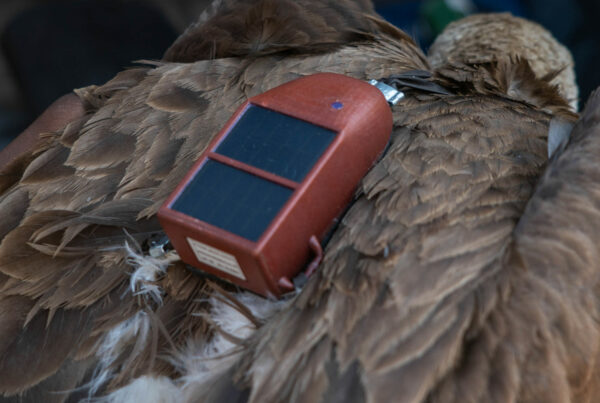This is custom heading element
African Wild Dog - profile
- Scientific name: Lycaon pictus
- Size: Males: 75-140 cm in length, about 75 cm at the shoulder
- Weight: 20-30 kg
- Food: Small to medium-sized mammals, especially impala, but also kudu, duiker and steenbok.
- Number of offspring: 6-10 per litter (max. 21)
- Life expectancy: 6-12 years
- Range: Mainly in southern and eastern Africa, occasionally also in central Africa.
- Habitat: Mostly open bush and grass savannah
- Population size: Under 5,000 individuals, but only about 1,200 are reproductively active.
- Main threats: Habitat loss, diseases, human-wildlife conflict
- IUCN Red List Status: Critically Endangered
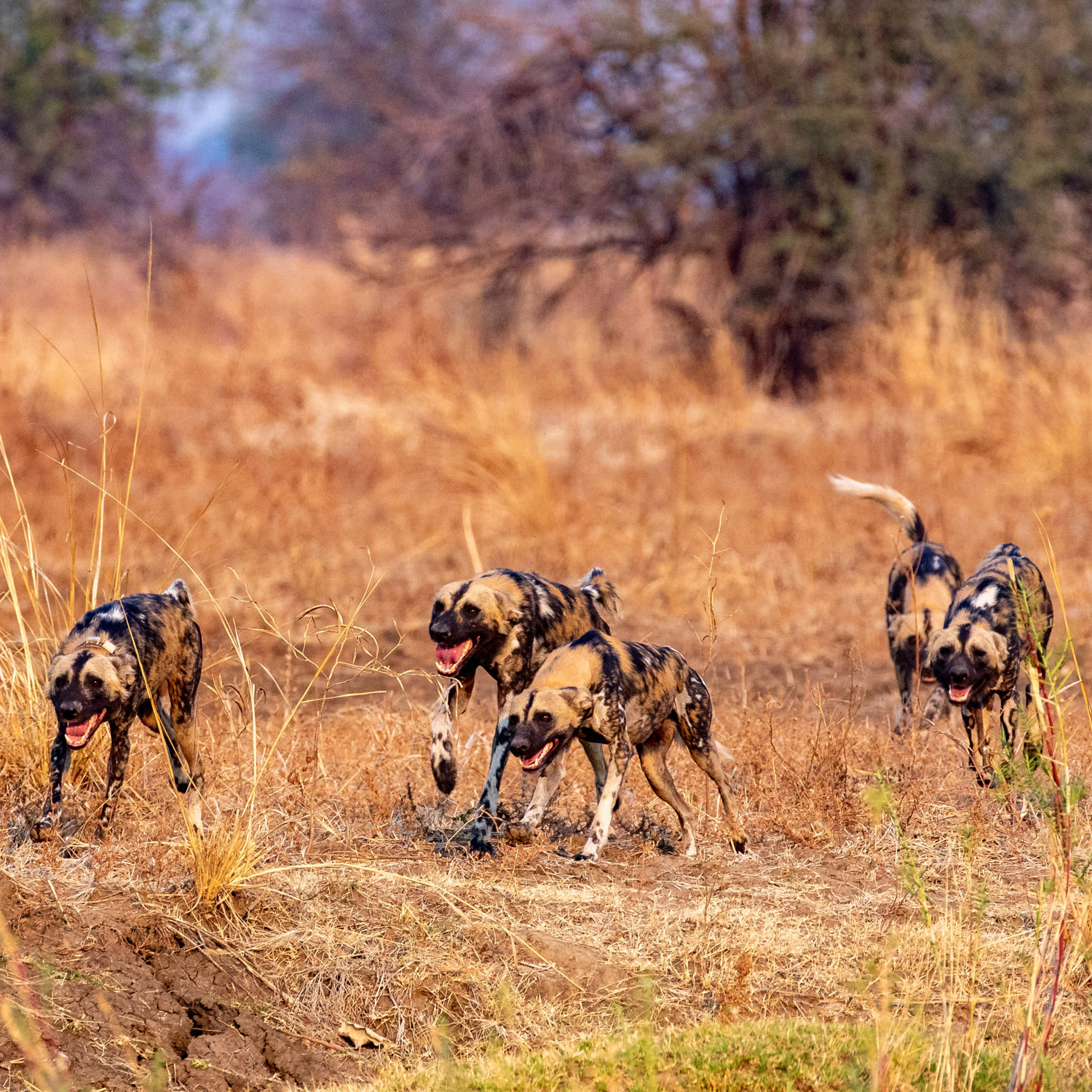
Vulnerability status, threats and protection
This is custom heading element
Diseases
Diseases such as rabies or distemper are playing a large part in causing the decline of wild dog populations. Human-wildlife conflict is often involved in this: If wild dogs enter human settlements, they come into contact with livestock and domestic dogs - and can thus become infected with fatal diseases.
The creation of wildlife corridors linking fragmented wildlife habitats and further measures to mitigate human-wildlife conflict are essential to sustainably protect wild dog populations.
Human-wildlife conflict
As with many other predators, there is also habitat overlap between the African wild dog and humans. Human settlements are becoming larger and larger due to population growth, displacing the natural habitat of the wild dog itself, as well as its prey. As a result, the African wild dog is now increasingly encroaching on settlements and killing livestock or domestic animals.
Sources
Emmett, Meghan; Pattrick, Sean (2013): Game Ranger in Your Backpack. All-in-one interpretive guide to the Lowveld. Pretoria: Briza. pp. 98-101
https://www.nationalgeographic.com/animals/mammals/facts/african-wild-dog
https://www.worldwildlife.org/species/african-wild-dog
https://www.wwf.de/2019/oktober/hundeelend-am-welthundetag
